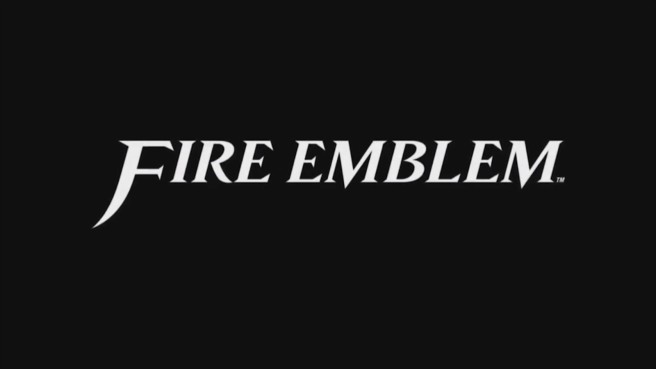Fire Emblem devs on bringing the series’ west, introducing optional permadeath, Fates’ two versions
Last month, Game Informer published an overview of sorts for the Fire Emblem series. The magazine looked back at the franchise’s early days leading up to Fire Emblem Fates. There are some interesting developer comments as well.
Fire Emblem wasn’t introduced overseas until the GBA era. It was actually Nintendo producer Hitoshi Yamagami who had the idea of bringing it west, and he approached developer Intelligent Systems about his plan.
Yamagami said:
“Intelligent Systems was worried at first about whether it’d sell or not, but given the series’ support in Japan, I felt sure that audiences elsewhere would connect with it as well, and that’s how development began.”
Yamagami also said, “If we had stuck with the Japan market, I don’t think we’d have so many people playing it as there are now.”
Intelligent Systems director Kouhei Maeda shared a few words about Fire Emblem’s appearance in the west as well. Regarding the impact of Smash Bros., Maeda said:
“Smash Bros. is a very famous title, and I think a lot of players first learned about Roy and Marth from Smash Bros., then took an interest in the Fire Emblem series.”
One of the most successful Fire Emblem games is Awakening, which rejuvenated the series. Had it not performed well, the game could have been the latest entry in the series.
Yamagami spoke about optional permadeath, one important feature introduced in Awakening:
“The thrill of losing characters permanently is one of the appeals of the Fire Emblem series, but at the same time, we thought it was a little cruel to tell modern gamers who take time out of their busy lives to build the characters they like to just give up on them if they die. That’s one important decision that’s earned us a lot of support from gamers.”
The most recent Fire Emblem title is Fates, which introduced its own unique hook in the form of different versions. Yamagami closed things out by talking about this with Game Informer, and explained why it was handled that way.
“We wanted players to have that kind of play experience of agonizing over choices ever before they buy the game, so that’s why we prepared two versions.”
